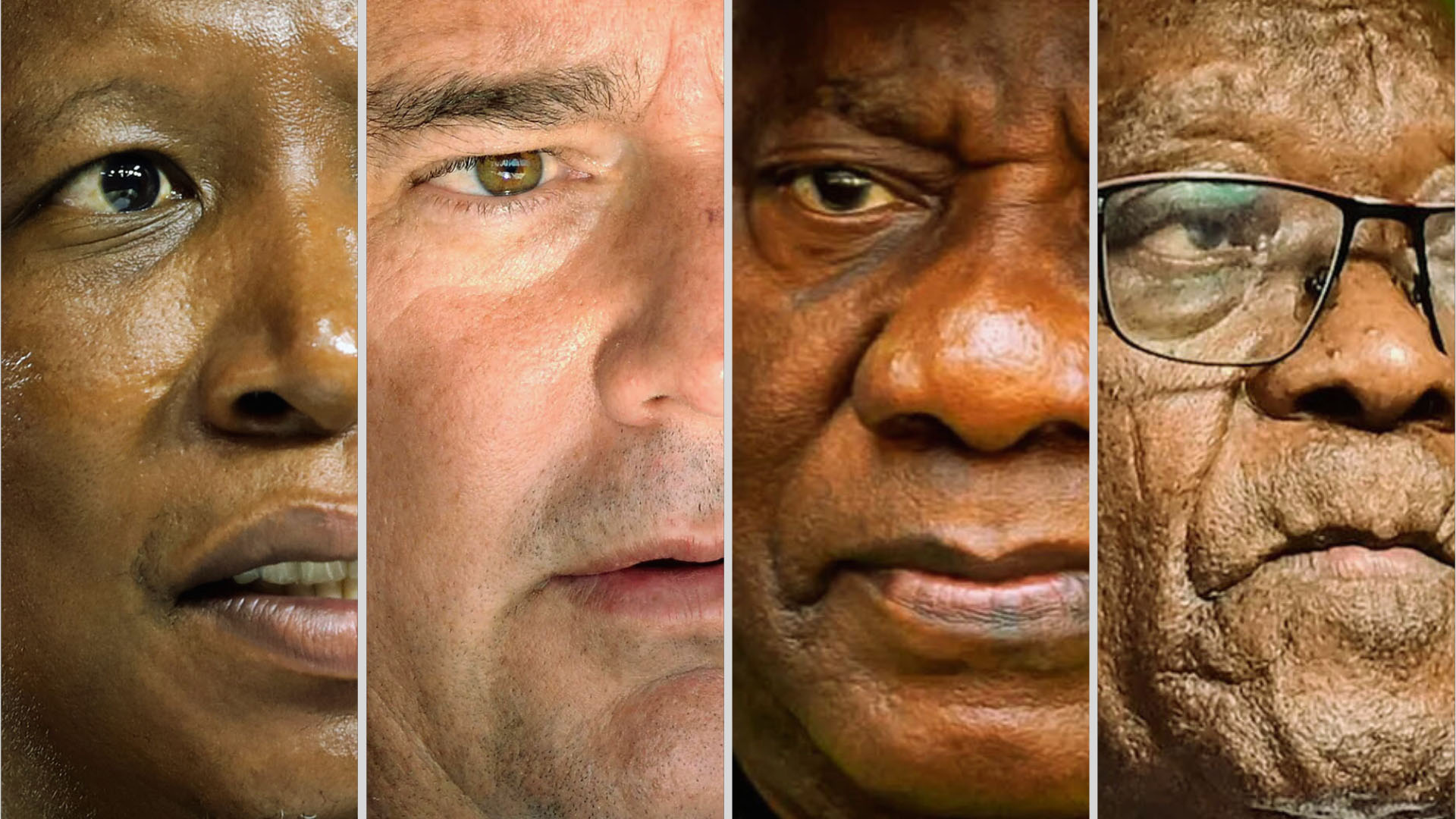The 2024 South African national and provincial elections are pivotal for our country. For the first time, no party has a majority nationally or in several of South Africa’s provinces, including the economic heartland of Gauteng.
This will likely usher in power-sharing agreements to enable governments to be appointed, and for the work of government to happen.
The alternative would be minority governments that would be unstable.
Provincial and national governments must be appointed within 14 days of the results being announced.
While the commentariat and politicians have been abuzz with speculation and opinion on elections, besides insightful comments by Roelf Meyer in a recent interview with Ferial Haffajee, little has been said about how parties should enter into negotiations to avoid the malaise of instability that is infecting many of our local governments from spreading to our provinces and national government.
Critically, it must be recognised that many of our political parties view their opposition as the enemy, whether that be based on ideology or identity.
Many have expressed the impossibility of doing business with such counterparties because of deep mistrust. While it may seem like a basic principle, negotiations that start on a foundation of mistrust will rarely succeed.
Parties must find the means to build trust for negotiations to produce power-sharing arrangements.
We believe trust can be built through two means: The first lies in identifying points of common ground, shared principles, interests and goals.
The second lies in parties demonstrating trustworthiness by being clear on where they can work with partners and flexibility on negotiable interests.
We believe the only non-negotiable should be a commitment to the Constitution and its values.
Parties have been quick to draw their “non-negotiable” lines.
The phrase “we will never join a government that…” has become a refrain since the reality of no outright majority set in.
While respecting red lines is important, parties risk boxing themselves in and hindering productive negotiations. We urge parties to first explore common principles and interests.
Fourteen days may not be enough to negotiate the non-negotiable, but it is sufficient to outline a government’s broad principles and policies, and establish a flexible framework for power-sharing.
Regardless of the power-sharing arrangement agreed upon, and the parties involved, compromise will be necessary.
This means that parties need to view the outcomes of the next 14 days as the start of designing a cohesive government rather than as a final one.
The parties must be willing to negotiate and agree on various complex and difficult issues ranging from healthcare and education to the economy and land reform.
South Africa has spent 30 years grappling with some of these issues and will not solve them in two weeks.
Parties will need to be mature in deliberations.
The threat to implode the government over a single issue would lead to instability and erode trust between parties.
Willingness to compromise is only part of what will allow power sharing to be successful. Parties must establish a system that can help manage differences and maintain stability.
The agreement should include technical policy committees to manage contested issues and develop well-articulated policy compromises.
Furthermore, they must develop an independent, formal mechanism to manage conflict between the parties that will help them stick to the overarching principles of their agreement.
Finally, this is a journey on which the parties must take their members and the South African public at large. As challenging as it might be, they must engage party members and the public in decision-making processes to build legitimacy for the new government.
This will limit the risk of political negotiations being perceived as an elite compromise and help the public see that decisions are in the best interests of South Africans.
This will remain critical given the high levels of polarisation that this election has demonstrated, and the massive flows of mis- and disinformation that have already been spread about coalition talks.
Negotiations over the next two weeks will be difficult for political parties, and failure to secure a power-sharing agreement could severely hamper South Africa’s ability to resolve its myriad problems.
It will require cool heads, a willingness to compromise, good faith, trust and openness to possibilities.
The outcome of this could be to unlock the potential of South Africa, redress the legacies of our past, and build the future that was envisioned in 1994. DM
Brian Currin and Nadia Gava represent Concentric Alliance (CA), a conflict management and development practice. Currin, an Executive Director at CA, is an international mediator who has been involved in peace process facilitation in many intractable political conflicts for 30 years. Gava, a Senior Associate at CA, and Currin are responsible for leading CA’s mediation and facilitation work.
This article is more than a year old
South Africa
Trust and compromise - creating the conditions for coalition-building after SA’s national polls
While it may seem like a basic principle, negotiations that start on a foundation of mistrust will rarely succeed.




